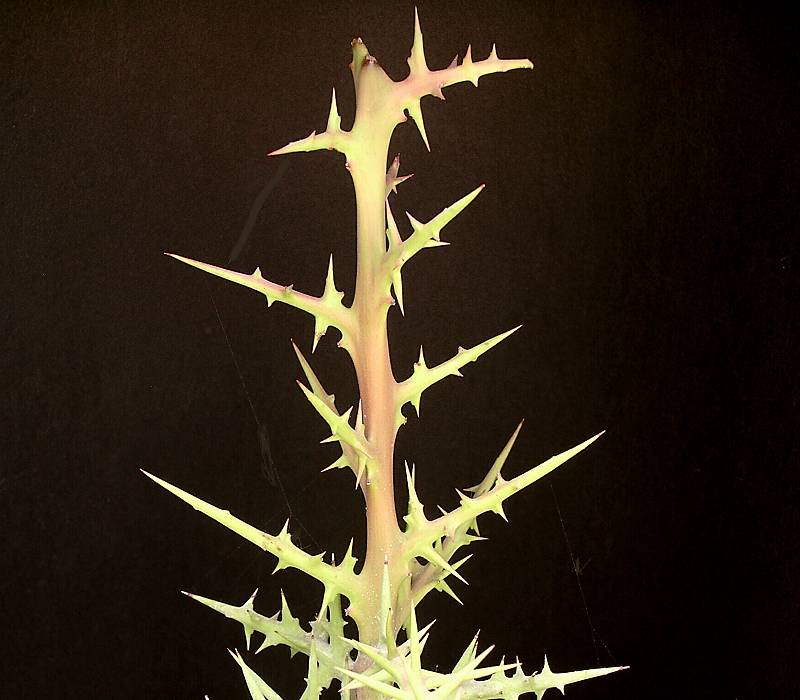Phelsuma Breviceps on:
[Wikipedia]
[Google]
[Amazon]
''Phelsuma breviceps'' is a diurnal species of
 ''P. breviceps'' is adapted to a dry climate. It is often found on the
''P. breviceps'' is adapted to a dry climate. It is often found on the
gecko
Geckos are small, mostly carnivorous lizards that have a wide distribution, found on every continent except Antarctica. Belonging to the infraorder Gekkota, geckos are found in warm climates throughout the world. They range from .
Geckos ar ...
that is native to south-west Madagascar and typically dwells on trees and bushes
A shrub (often also called a bush) is a small-to-medium-sized perennial woody plant. Unlike herbaceous plants, shrubs have persistent woody stems above the ground. Shrubs can be either deciduous or evergreen. They are distinguished from trees ...
. Its diet in the wild consists mainly of insects.
Description
This lizard belongs to the smallest day geckos. It can reach a maximum total length of about 10 cm. This species is easily recognised by its short snout, after which it has been named. The basic body colour is light grey to brownish. On the back there are light blue and dark dots and stripes. The legs have light blue spots.Distribution
This species inhabits south-west Madagascar. It is found in the area around Toliara and near the Tsimanampetsotsa-lake.Habitat
 ''P. breviceps'' is adapted to a dry climate. It is often found on the
''P. breviceps'' is adapted to a dry climate. It is often found on the succulent
In botany, succulent plants, also known as succulents, are plants with parts that are thickened, fleshy, and engorged, usually to retain water in arid climates or soil conditions. The word ''succulent'' comes from the Latin word ''sucus'', meani ...
spurge ''Euphorbia stenoclada
''Euphorbia stenoclada'' is a species of plant in the family Euphorbiaceae
Euphorbiaceae, the spurge family, is a large family of flowering plants. In English, they are also commonly called euphorbias, which is also the name of a genus in th ...
'' which has 7 cm long thorns.
Diet
These day geckos feed on various insects, other invertebrates and nectar, both in the wild and in captivity.Behaviour
Like most geckos of the genus ''Phelsuma'', this species is quite silent.Reproduction
The females lay their eggs between the wood spurge thorns.Care and maintenance in captivity
These animals should be housed in pairs and need a dry terrarium. These animals can be fed with crickets, wax moth, fruits flies, mealworms, houseflies and fruit baby food.References
*Christenson, Leann and Greg (2003) "Day Geckos In Captivity". Living Art Publishing. *Henkel, F.-W. and W. Schmidt (1995) ''Amphibien und Reptilien Madagaskars, der Maskarenen, Seychellen und Komoren''. Ulmer Stuttgart. *McKeown, Sean (1993) ''The general care and maintenance of day geckos''. Advanced Vivarium Systems, Lakeside CA. {{DEFAULTSORT:Phelsuma Breviceps Phelsuma Reptiles described in 1894 Endemic fauna of Madagascar Reptiles of Africa